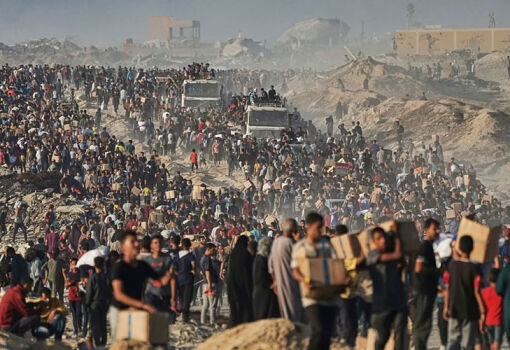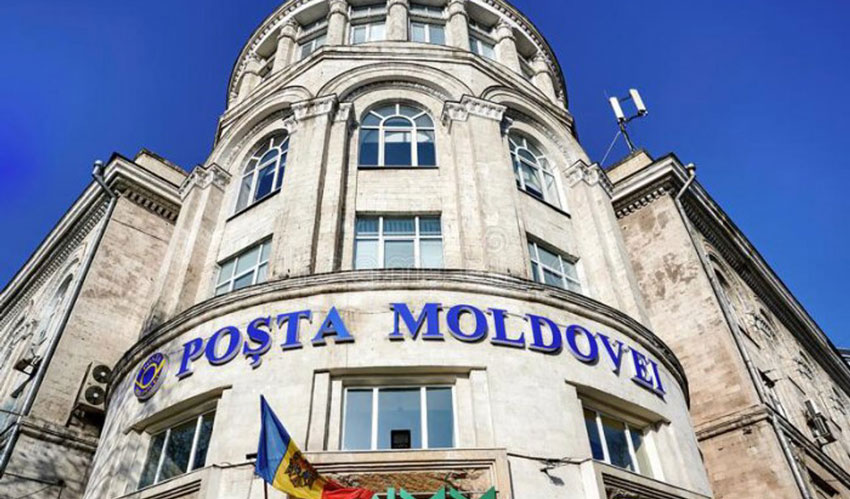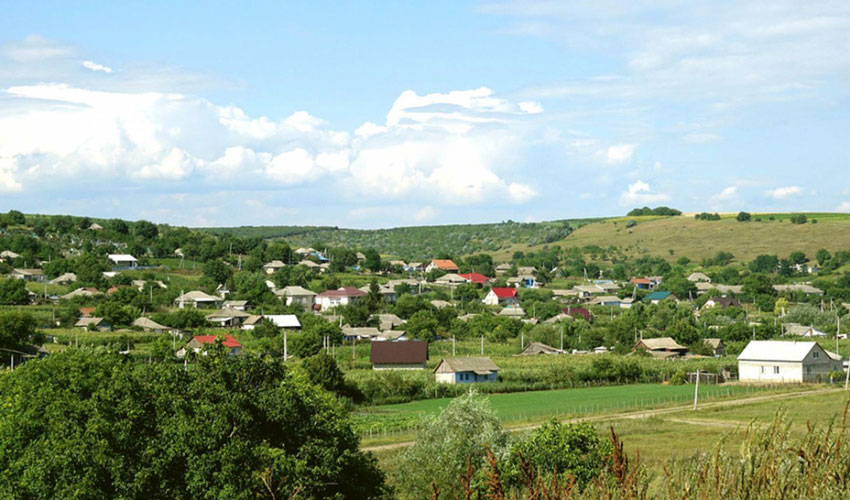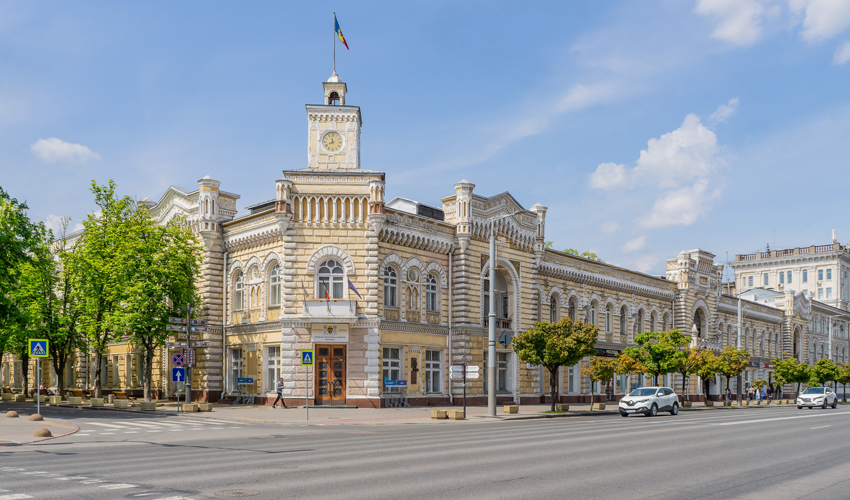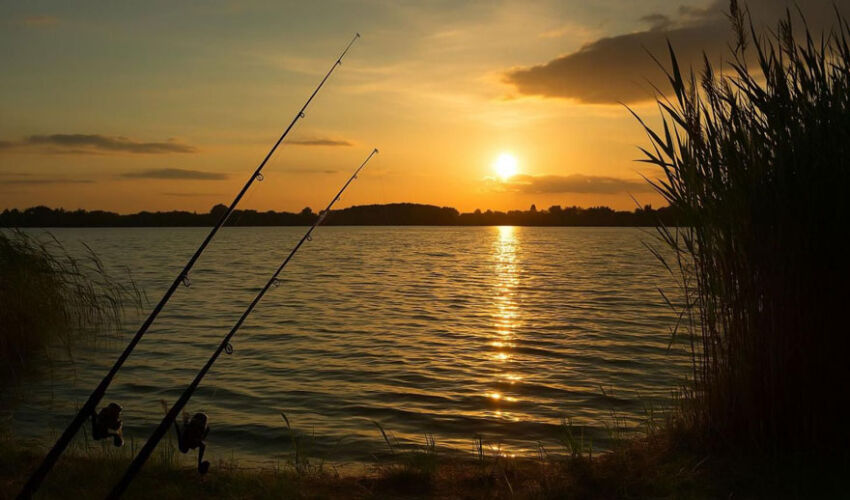
As noted in the agency’s information on the subject, the screening begins with Chapter 13, Fisheries and Aquaculture. The chapter is important for sustainable management of water resources, enhancing food security and stimulating economic development in rural communities that are directly dependent on the fisheries and aquaculture sector. It also addresses the regulation of the common market and the fight against illegal fishing.
As part of the process of harmonization of legislation with the acquis communautaire, about 20 EU legislative acts are to be revised and transposed into the regulatory framework of the RM. However, the immediate priorities are the completion of the National Aquaculture Program and the establishment of an effective control system to prevent the import of fishery products derived from illegal and unregulated fishing activities.
MAIA Deputy Secretary General Ina Butuchel, who coordinates the dialogue with the European Commission, emphasized that the start of the screening sessions marks the transition of the Ministry of Agriculture to an advanced stage of dialogue with European institutions within the European integration process. In this context, the evaluation sessions represent an essential moment for the preparation of accession negotiations, carried out in consultation with the relevant associations, to define a consolidated national position, including with regard to the negotiation of accession conditions and transition periods for sensitive topics in the agro-industrial sector.









